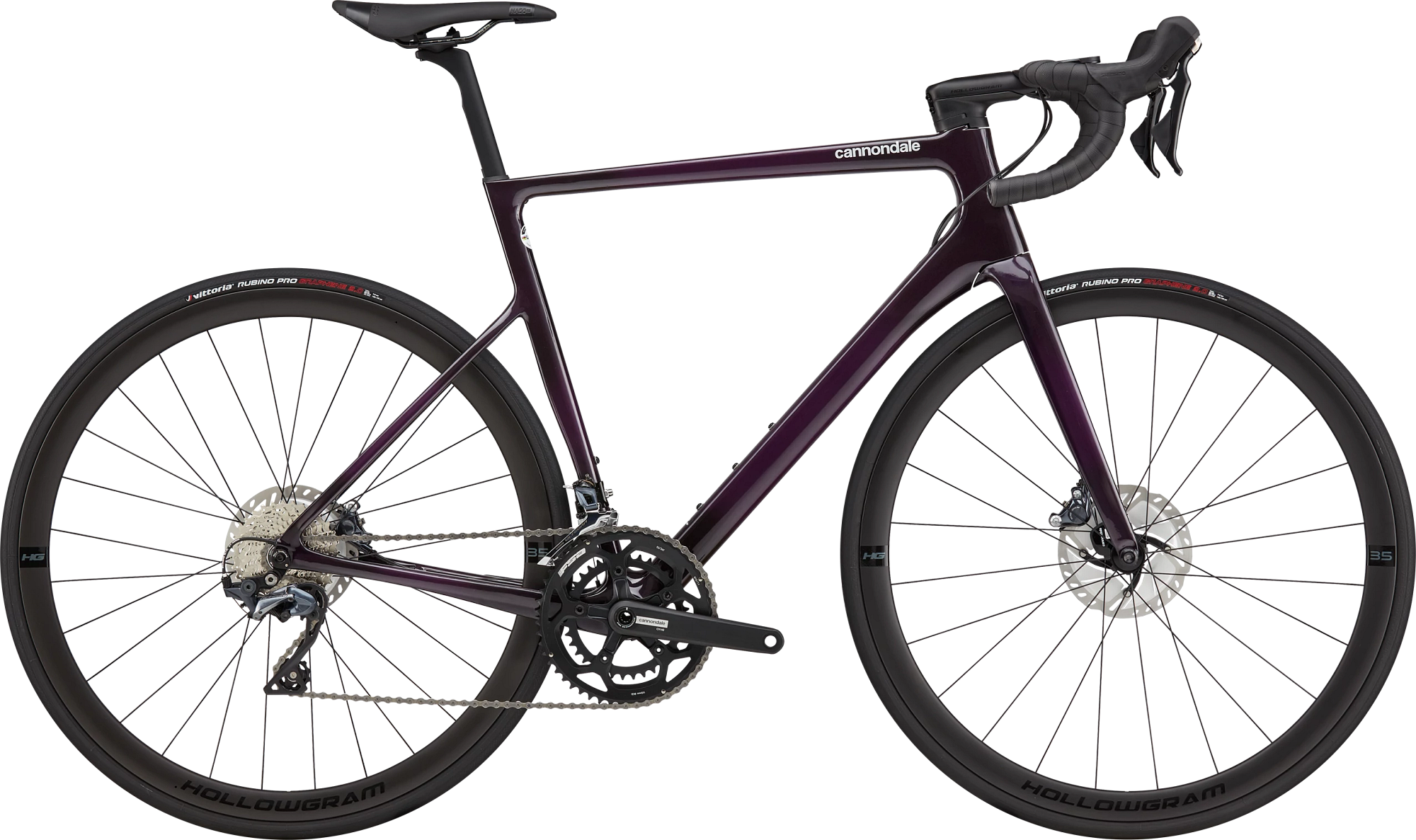After riding the same road bike for 20+ years I'm looking to get a new one. I noticed it's getting hard to get a great bike without electronic shifting. From what I read, and test riding a friend's bike with it, I'm generally against it. But maybe I'm missing something and you can convince me otherwise.
Mechanical vs. Electronic bike shifting:
Mechanical vs. Electronic bike shifting:
- Both shift perfectly and have low maintenance
- Mechanical doesn't need batteries
- Mechanical is lighter (100-300 grams per groupset)
- Mechanical is cheaper -- for the same groupset & quality
- Mechanical is more reliable & durable
- Mechanical is simpler
- Mechanical is user-servicable

